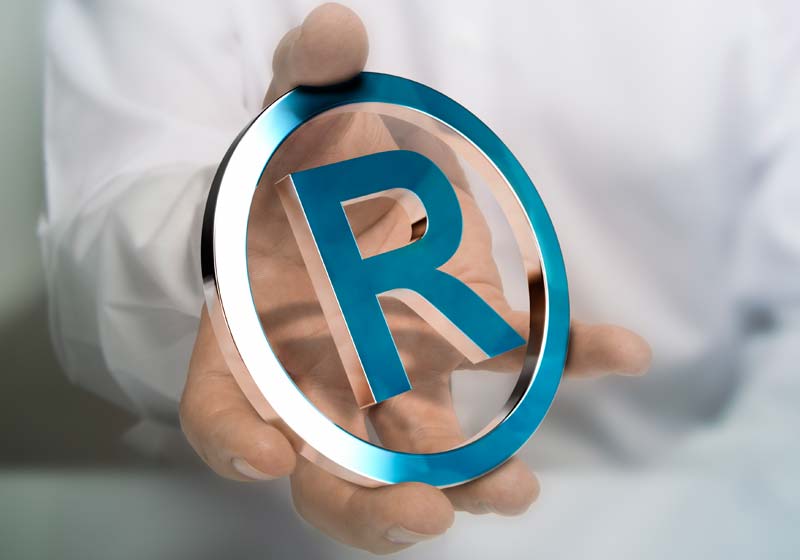
create better system for selling goods and services.

create better system for selling goods and services.

INTRODUCTION about trade mark
A Trade Mark is a sign used by a person, sole-proprietor or company in the course of business or trade to distinguish his goods or services from those of other traders. Registering a trade mark gives the owner rights to enable him to control the use of the sign.

Identifying a Registered Trade Mark
® and ™ are common symbols associated with trade marks. ® indicates that the mark is a registered trade mark and hence protected under the trade mark law.
Type of trade mark
A Trade Mark can be any letter, word, name, signature, logo, numeral, device, brand, heading, label, ticket, shape, colour, image and slogan of packaging or a combination of these. Following are some example of Trade Marks:
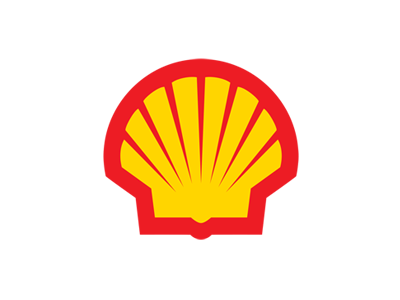
IMAGE ONLY
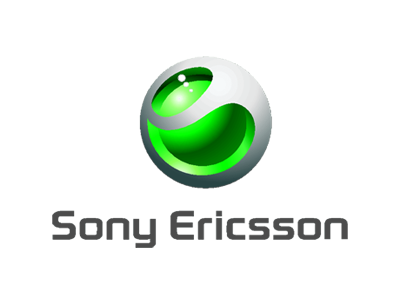
TEXT & IMAGE
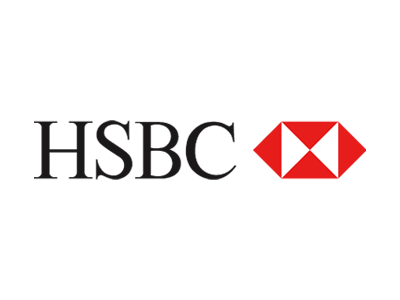
TEXT & IMAGE
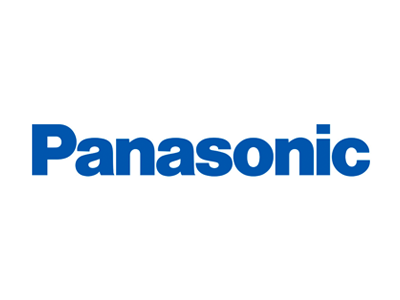
TEXT ONLY
Why Register Trademark

To protect your intellectual property or brand name (asset)

Prevent other traders from using your brand/mark which will affect your goodwill

Registration blocks other traders from registering a similar mark/brand on your specified goods, thus can avoid confusions

One of the conditions to apply for Government Grant, SIRIM and other quality control systems

Persuasive tools when comes to bank loan application

Enhance your company image/status

Create credibility/trust to your customers

Important for business plans and growth

Unregistrable or unfavourable Marks

Descriptive Marks
Marks that describe the goods and services of the business. For instance, “Super”, “Best”, “One”, “Top”, “Clean”, “Perfect” and etc.

Direct reference to the goods & services provided
Marks that are direct refer to the goods and services provided. For example, the mark of “Book” cannot be used by a trader who is selling books or running a bookstore.

Marks Contrary to Public Policy or Morality
Marks that are generally contrary to public policy or morality. For example, a mark that could promote immoral behaviour cannot be registered.

Descriptive Marks
Marks that attempt to deceive or cause confusion to the public. For example, marks that misrepresent the nature, quality or geographical origin of the goods or services.

Marks that are Identical to existing registered Marks
A trade mark which is similar or identical to existing registered Marks which fall under the same class of goods or services.

Marks that are Identical/Similar to Well Known Marks
A trade mark may not be registered if it is identical or similar to an earlier mark that is well known in Malaysia.
